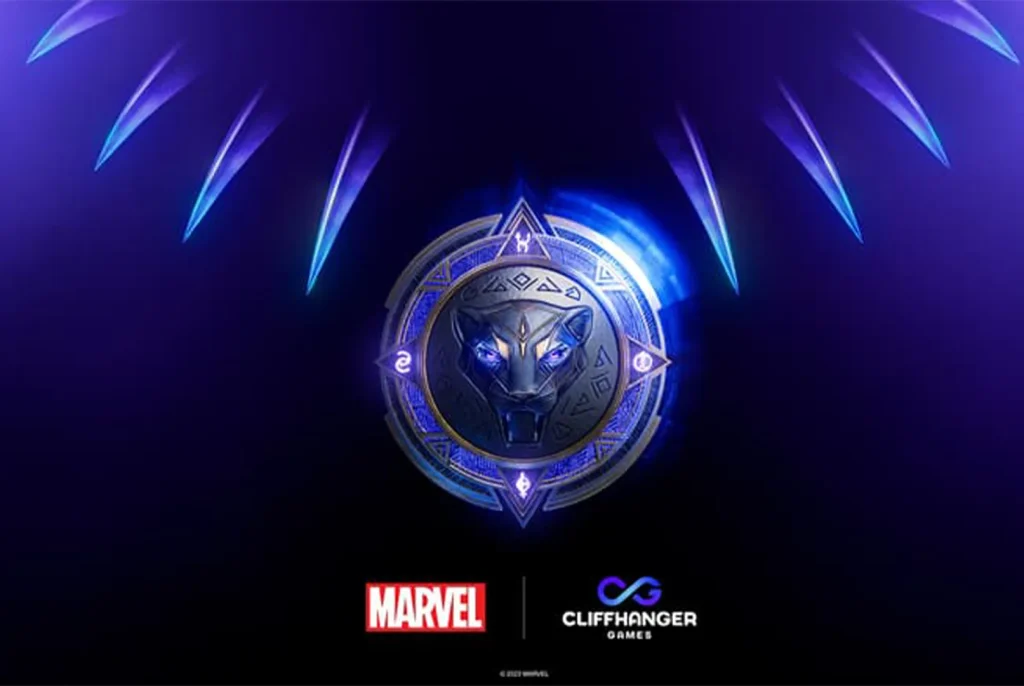In a move that has shocked fans and sparked heated discussions across the gaming community, Electronic Arts (EA) has officially cancelled its highly-anticipated Black Panther game and shut down its developer, Cliffhanger Games. For a project that once held so much promise—an original AAA Marvel title set to explore the depths of Wakanda—this abrupt end feels like a gut punch for both gamers and the development team alike.
Let’s rewind a bit. Back in 2023, EA made waves by announcing that it had secured a partnership with Marvel Games to develop a single-player Black Panther game. The project was handed to Cliffhanger Games, a relatively new studio based in Seattle, led by Kevin Stephens, formerly of Monolith Productions—the studio behind Middle-earth: Shadow of Mordor. Hopes were sky-high. Fans imagined an expansive, story-driven Wakandan adventure, rich with lore, culture, and the promise of innovative gameplay.
But behind the scenes, the road wasn’t as smooth as it seemed. Rumors had started swirling about production challenges—creative differences, technical hurdles, and a lack of a clear vision for how to translate Black Panther’s world into an interactive experience that did justice to the character and his legacy. Cliffhanger Games, despite having talented veterans on board, was a new player in the AAA space, and building a game of this scale was no small feat.
So, why did EA pull the plug? While EA hasn’t laid out a full post-mortem, the writing on the wall points to a few key factors. First, the financial pressures on major publishers are mounting. EA, like other gaming giants, has faced multiple rounds of layoffs in recent years, including significant cuts across several of its studios in 2025 alone. With market conditions tightening, big-budget projects that don’t show immediate progress or strong internal momentum can quickly end up on the chopping block. Unfortunately, it seems Cliffhanger’s Black Panther game fell into that category.
Second, the reality of developing superhero games is… tricky. Superhero IPs come with massive expectations from fans and licensing partners. Marvel, in particular, is known for maintaining a firm grip on its characters, requiring close collaboration and approvals. Combine that with the technical demands of building a modern open-world action game—and doing it with a team still finding its footing—and it’s easy to see how the project could hit turbulence.
Then there’s the market itself. The gaming industry is in a weird place right now. While there’s still a huge appetite for big, cinematic single-player games, they’re expensive and risky to make. EA has also been re-evaluating its priorities, doubling down on live-service titles and sports franchises like FIFA and Madden, where the return on investment is more predictable. The Black Panther game didn’t fit neatly into that model.
The closure of Cliffhanger Games is a tough blow, especially for the developers who poured their passion into the project. It’s a reminder that the gaming industry, while exciting and full of potential, can also be brutal. Teams can spend years on a game, only to see it scrapped before it ever sees the light of day. For the folks at Cliffhanger, it’s an abrupt and painful end to what could have been a defining project.
But the bigger question now is—what does this mean for the future of superhero games? And how will it affect Marvel’s gaming strategy moving forward?
Marvel has been on a roll in recent years, with titles like Spider-Man and Guardians of the Galaxy receiving critical acclaim. However, the cancellation of the Black Panther game throws a wrench into their momentum. It raises concerns about how these partnerships are structured and whether publishers and developers are fully prepared to take on the weight of such beloved franchises. If anything, it might push Marvel to be more cautious about who they work with next, possibly favoring studios with a stronger track record in handling large-scale projects.
For players, it’s a bitter disappointment. Black Panther is a character with rich lore, a passionate fanbase, and a world that’s perfect for a deep, narrative-driven game. Wakanda, with its futuristic tech, vibrant culture, and complex political dynamics, offered endless possibilities for storytelling and gameplay innovation. Losing a chance to explore that world feels like a missed opportunity—not just for EA, but for the gaming industry as a whole.
Of course, this isn’t the end of Black Panther in gaming. The character will likely continue to appear in other titles—whether in ensemble games like Marvel’s Avengers (though that project has also seen its share of struggles) or as part of crossover events in other franchises. But a dedicated, high-quality Black Panther solo experience? That’s off the table for now.
Looking ahead, the industry will have to learn from this. Big IPs come with big risks, and not every project—no matter how exciting on paper—can weather the storm. Studios need time, support, and a clear vision to make these games succeed. For EA, this is another chapter in a long history of cancelled projects and reshuffled priorities. For Marvel, it’s a signal to keep a closer eye on how their games are being developed. And for gamers, it’s a reminder that no project is safe until it’s in our hands.
Here’s hoping that the talent from Cliffhanger Games lands on their feet and that, one day, we’ll get the Black Panther game we’ve all been waiting for. Wakanda deserves that—and so do we.
Would you like me to add more player reactions, industry expert quotes, or even a timeline of key events around the game’s development and cancellation? Just say the word!



